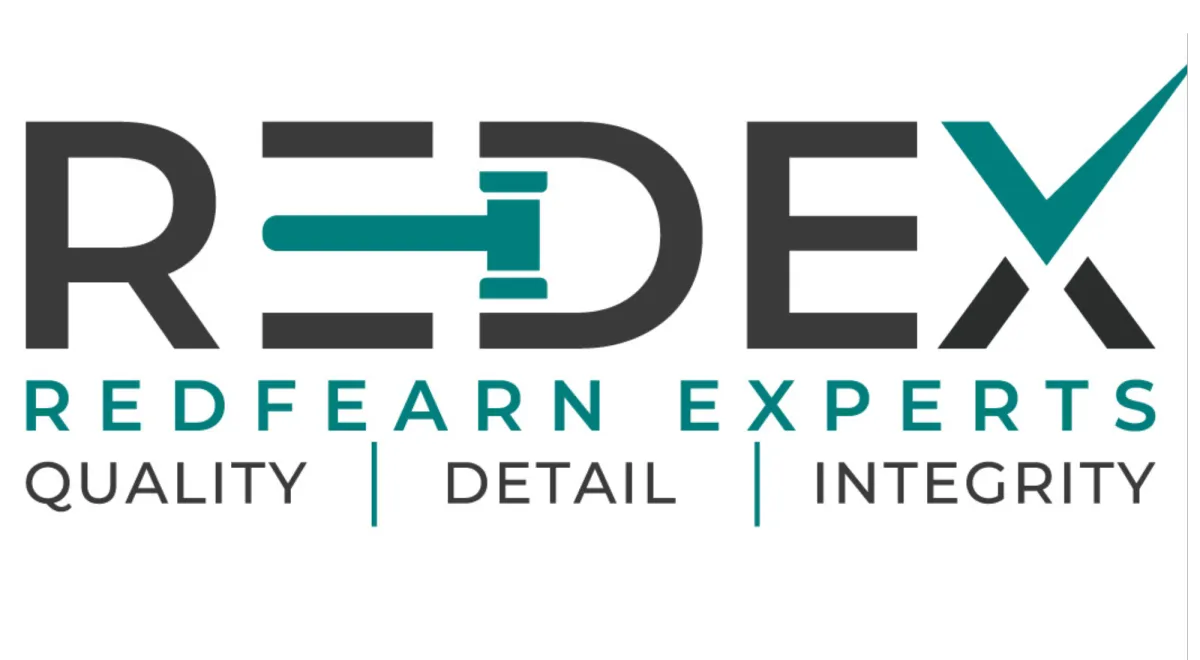0203 910 0882
Knowledge
Centre
Welcome to the Redex Knowledge Centre. Here, you'll find expert advice, insights and tools for housing disrepair and other related matters. Whether you're looking for a network of experienced surveyors or help with building related services, our knowledge centre has something for you.

The Role of Data Loggers in Social Housing: Revolutionising Property Management
The Role of Data Loggers in Social Housing: Revolutionizing Property Management
Introduction
As the housing landscape evolves, the need for innovative management solutions in social housing becomes increasingly apparent. One such solution gaining traction is data logging technology. By offering continuous monitoring of critical environmental factors, data loggers empower landlords to enhance property management practices significantly. This blog post explores how data loggers work, their benefits for continuous monitoring, and how they can transform property management for landlords.
Understanding Data Loggers
Data loggers are electronic devices designed to collect and store data over time. In the context of social housing, these devices monitor various environmental parameters, including temperature, humidity, and even air quality. The data collected is then transmitted to a centralized system where landlords can analyze it for insights and trends.
Benefits of Continuous Monitoring
Real-Time Data Collection: One of the most significant advantages of data loggers is their ability to provide real-time data. This continuous monitoring allows landlords to identify issues as they arise, rather than waiting for tenants to report problems. For instance, if a data logger detects high humidity levels in a property, landlords can take immediate action to address the issue before it leads to damp and mould.
Informed Decision-Making: Data collected by loggers enables landlords to make informed decisions regarding property management. By analyzing trends over time, landlords can identify recurring issues and develop targeted strategies for improvement. For example, if a pattern of high humidity is detected during specific seasons, landlords can implement seasonal interventions, such as increased ventilation or maintenance checks.
Predictive Maintenance: With a wealth of data at their fingertips, landlords can adopt a predictive maintenance approach. Instead of conducting inspections based solely on schedules, landlords can prioritize properties showing signs of potential issues. This approach not only saves time and resources but also enhances the overall quality of housing.
Transforming Property Management
The integration of data loggers into property management practices can revolutionise how landlords operate in the social housing sector:
Enhanced Communication: Data loggers facilitate better communication between landlords and tenants. By sharing insights from data, landlords can educate tenants about maintaining their living environments, fostering a collaborative approach to property care.
Improved Compliance: With increasing regulatory scrutiny, landlords must ensure compliance with health and safety standards. Data loggers provide the documentation needed to demonstrate adherence to regulations, helping to mitigate legal risks and enhance reputation.
Cost Efficiency: While there is an initial investment in data logging technology, the long-term cost savings are substantial. By addressing issues proactively, landlords can avoid expensive repairs and reduce the frequency of disrepair claims. This cost efficiency ultimately translates into better financial sustainability.
Sustainability Initiatives: As environmental concerns grow, landlords can leverage data loggers to support sustainability initiatives. By monitoring energy consumption and indoor air quality, landlords can make informed decisions that enhance both tenant comfort and environmental responsibility.
Case Studies and Success Stories
Several social housing providers have already begun to embrace data logging technology with promising results. For instance, a housing association that implemented data loggers across its properties reported a significant reduction in damp-related complaints. By addressing issues before they escalated, the association improved tenant satisfaction and reduced maintenance costs.
Conclusion
Data loggers are not just a technological trend; they represent a fundamental shift in how property management is approached in the social housing sector. By enabling continuous monitoring and data-driven decision-making, these devices empower landlords to enhance their management practices, improve tenant satisfaction, and ensure compliance with regulations. As the future of housing management unfolds, embracing data logging technology will be key to staying ahead in an increasingly competitive landscape.
Registered Office:
3rd Floor, 45 Albemarle Street | Mayfair | London | W1S 4JL
Call:
0203 910 0882
Email: [email protected]
Registered Company:
11911848

